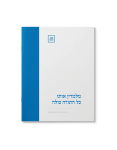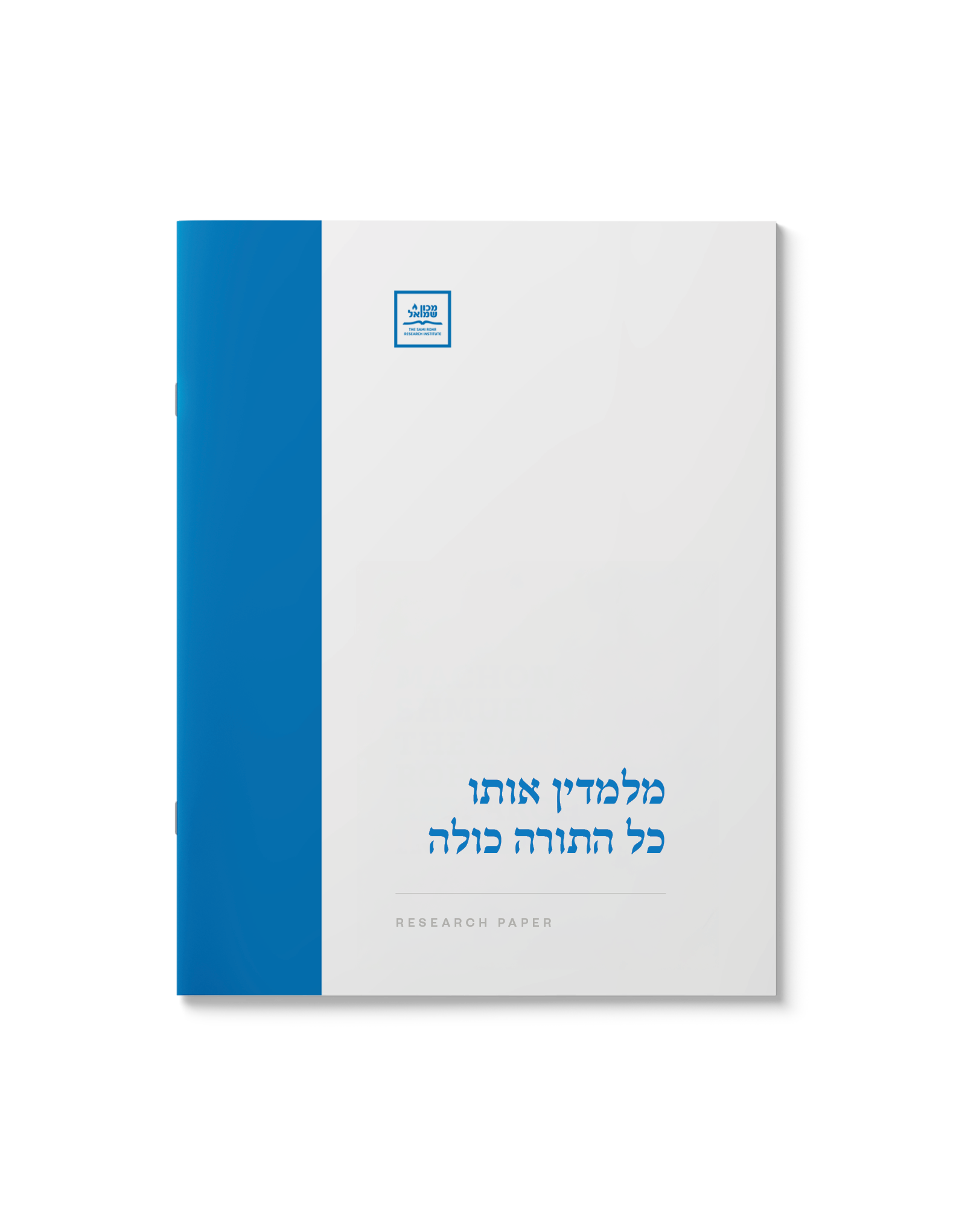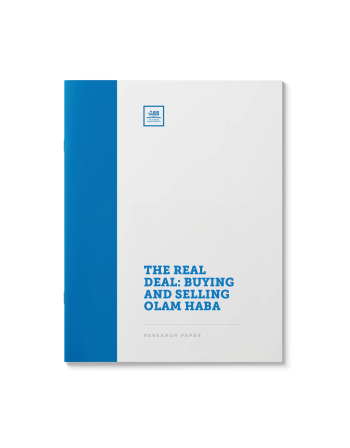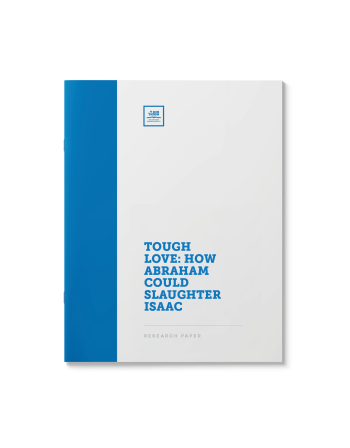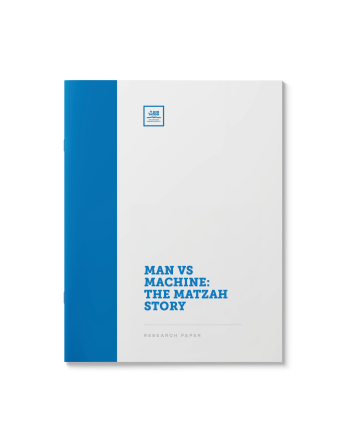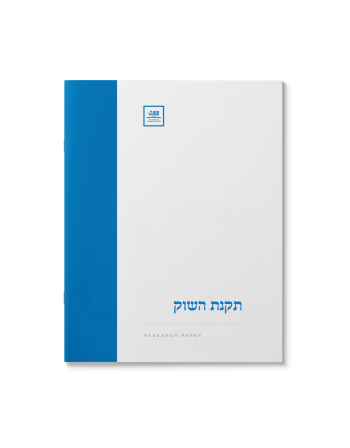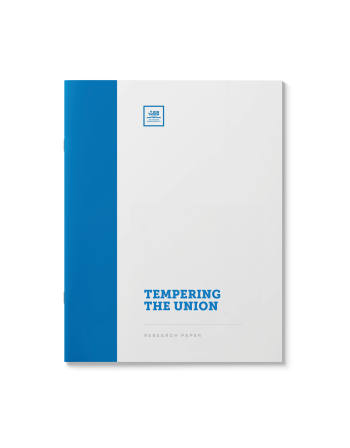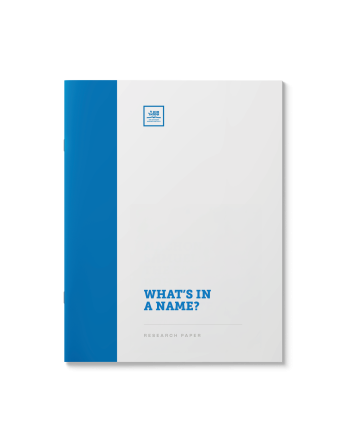מלמדין אותו כל התורה כולה
$39.00
מסתבר שכולנו בקיאים בתורה, או ליתר דיוק – היינו. אכן, במעי אמו, מלמדים להעובר כל התורה כולה. אלא כי רגע לפני צאתו לאויר העולם, בא המלאך ומשכחו. מהי אפוא מהותה ומטרתה של לימוד זו? ללמוד כדי לשכוח?
| Language | Hebrew |
|---|---|
| Paper Type | Research Paper |
| Pages | 2 |
Related Products
Without question, our prize possessions are the children we raise, and it is they who remain our legacy after we depart from the world.
Traditionally, children pledge funds to tzedakah and perform other good deeds in the merit of their deceased parents and loved ones.
What are the legal and philosophical arguments in defense of the idea that the deceased may enjoy the merits accrued by the good deeds of others? What if the individual was less-than righteous? Can the tzedakah by community members benefit their soul as well? What makes Yom Kippur a most propitious day to pledge tzedakah for the deceased?
A cornerstone of our belief is that a life of good deeds is rewarded with “a world that is truly good” in the Hereafter.
Is there another way? Can one “purchase” eternal reward on the open market? Can you get the “deal of a lifetime” (or the afterlife!) on ebay?
What are the Halachic principles of such a transaction? Can one buy or sell such ‘intangibles’? Would the transaction by valid, legal tender? Do “free market principles” and “art of the deal” apply? How does this compare to the historic partnership of Yissachar-Zevulun?
Includes a collection of stories about tzadikim who engaged in such “commerce” throughout the ages for the benefit of klal Yisroel.
׳שפטרני מעונש הלזה׳ – ביטוי נדיר ותמוה. לפנינו סקירה כוללת על מקור מנהג אמירת הברכה בעת עלית הבר מצוה, טעמו וביאורו.
לא טוב היות האדם לבדו. סקירה על דבר משמעות טובת האדם והתועלת שנוצרה על ידי בריאת האשה, על דרך הפשטני והמדרשי. עזר כנגדו.
מנהג העולם לברך את החתן והכלה בברכת ׳מזל טוב׳ תיכף אחר שבירת הכוס תחת החופה. אלא שיש וקראו תגר על מנהג זה מחד, ויש שיישבו את המנהג מאידך. מזל טוב?
This paper examines the elaborate rituals of taharas hameis. Why is the body laid on the floor during the process? Why are earthenware shards placed on the eyes of the deceased? Why is earth from the land of Israel scattered over the body?
What are the earliest sources in the Torah for the commandment, purpose and benefit of Taharas Hamishpacha and Mikvah?
A comprehensive examination of the ancient promise that those who attend a bris are forgiven of all their sins. Where did the legend start? To whom does it apply? And how seriously do we take it today?
Guidance from contemporary Poskim on the permissibility of contraception. Reviewed by a Moreh Hora’ah.
“A single moment of repentance and good deeds in this world is greater than all of the World to Come” (Avot 4:17).
During the final stages of a terminal illness, a patient may endure pain and suffering with no hope of improvement. What measures must be undertaken to prolong the life of the patient?
What are the halachic requirements for administering nutrition, hydration, oxygen and antibiotics? Does the age or presence of mind of the patient play any role in the decision?
Although questions of this nature must be dealt with by a Rav moreh hora’ah b’poel on a case-by-case basis, this paper provides an overview of the relevant issues.
From the moment Avrohom circumcised himself at 99, the Jewish Bris has been the pivotal act of Jewish identity throughout history. It is at this moment that a Jewish boy is given his name. Yet when a bris must be delayed for medical reasons, can the parents give him his name anyhow, or must the boy remain nameless until the Bris takes place?
Emulating G-d’s example, we are encouraged to visit and tend to the sick. Our presence is assured by the Talmud as having the power to heal a portion of the patient’s suffering. Does Halacha provide guidelines for the visitor in the performance of this mitzva?
Prayer, too, is an integral part of this mitzvah. What particular prayers should be said for their recovery? What about assisting the individual in the recitation of prayers during their final moments?


